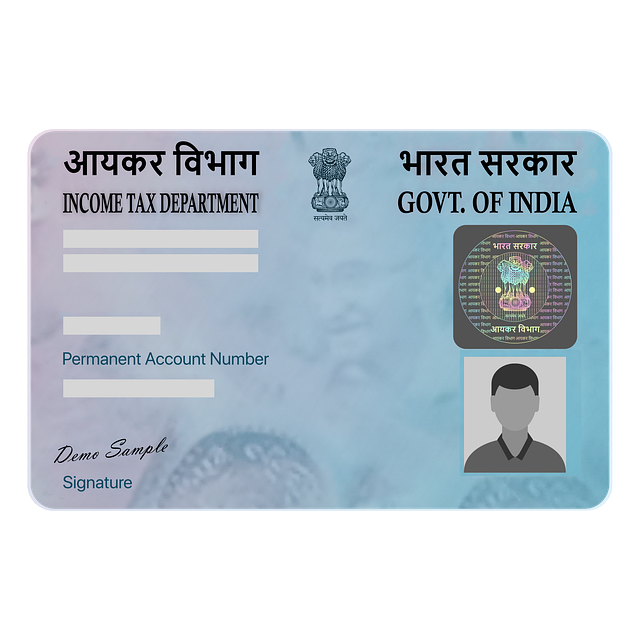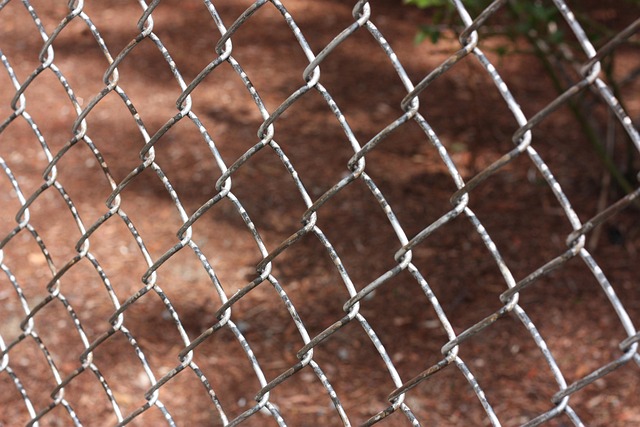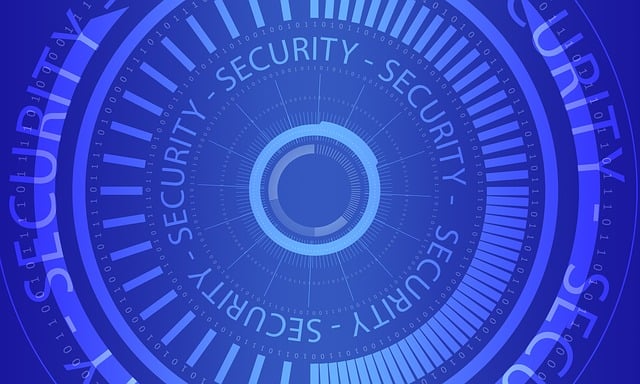In an era of evolving security threats, robust background checks for security guards and safety officers are crucial. These in-depth screenings go beyond basic verification to uncover potential risks through detailed examinations of employment history, criminal records, education, and associations. The process bolsters industry compliance, maintains high security standards, and fosters trust among organizations' assets and personnel. By implementing security guard background screening methods that include rigorous checks, reference verification, gap analysis, and safety personnel verification, organizations can equip a competent, honest workforce to safeguard people, property, and assets effectively.
In an era where security breaches can have devastating consequences, background verification is a cornerstone of maintaining integrity within the security sector. This article delves into the critical role of thorough background checks in safeguarding sensitive environments. We explore how these checks impact industry credibility and client trust, while also providing an in-depth look at the screening process, essential documents, and legal mandates. Furthermore, we offer strategies to optimize personnel selection and retention, ensuring a competent and trustworthy security workforce through effective background verification practices.
- The Significance of Background Checks in the Security Sector
- – Exploring the need for robust background verification
- – Impact on security industry integrity and client confidence
- Comprehensive Elements of Security Guard Background Screening
The Significance of Background Checks in the Security Sector

In the ever-evolving landscape of security, ensuring the integrity and reliability of security personnel is paramount. Background checks for security guards and safety officers play a pivotal role in upholding the highest standards of safety and security. These thorough screenings act as a robust filter, meticulously scrutinizing potential risks associated with individuals seeking positions within the industry. By verifying credentials, assessing past conduct, and uncovering any red flags, organizations can mitigate security breaches and protect their premises effectively.
Security industry compliance is not just about adhering to legal requirements; it’s about fostering an environment where every employee is a trusted ally. Precise background checks enable employers to identify qualified individuals who align with the values and mission of the organization. This meticulous process helps in building a robust security workforce, capable of handling sensitive responsibilities with integrity and competence, ultimately safeguarding people, property, and assets from potential threats.
– Exploring the need for robust background verification

In today’s world, where threats to physical security are ever-evolving, ensuring the integrity and reliability of security personnel is paramount. Background checks for security guards and safety officers aren’t just a formality; they are a critical component in safeguarding individuals, businesses, and sensitive premises. With rigorous screening processes, organisations can mitigate risks associated with potential security breaches and ensure compliance with industry standards. Robust background verification involves meticulous scrutiny of an individual’s history, including their employment, education, criminal records, and any relevant associations or behaviour that could compromise security protocols.
Effective security guard background screening goes beyond simple credential verification. It entails a comprehensive review to unearth any red flags or discrepancies. This includes checking references, verifying degrees or certifications, and investigating past employment gaps or inconsistencies. Such meticulousness in safety personnel verification is essential for maintaining the high standards required in the security industry. By implementing thorough premises protection checks, organisations can foster an environment of trust and ensure their workforce is equipped to handle any situation, thereby safeguarding their assets and the people within their care.
– Impact on security industry integrity and client confidence

Background verification plays a pivotal role in maintaining the integrity and public trust of the security sector. The security industry, responsible for safeguarding individuals, assets, and critical infrastructure, must ensure that its personnel are trustworthy and fit for their roles. Background checks for security guards and safety officers are essential tools to achieve this goal. These rigorous screening processes verify an individual’s identity, criminal history, employment history, and any potential red flags that could compromise the security of premises or clients.
Implementing robust background screening methods significantly boosts client confidence in security services. It reassures businesses and individuals that their safety is in capable hands. By checking the credentials and references of security personnel, employers can be confident in their workforce’s reliability and integrity. This, in turn, enhances the overall professionalism and reputation of the security industry, fostering a culture of trust and accountability.
Comprehensive Elements of Security Guard Background Screening

Background checks for security personnel are an essential component of maintaining integrity within the security sector. A comprehensive security guard background screening process involves examining various elements that ensure the safety and reliability of guards. These include verifying identification, criminal records, employment history, education, and any relevant certifications or licenses. Additionally, checking references from previous employers and conducting personal interviews can provide deeper insights into an individual’s character and suitability for the role.
Safety personnel verification extends beyond basic checks. It encompasses thorough premises protection checks to ensure guards are qualified to handle specific security challenges. Security industry compliance is also crucial, as it involves adhering to local laws and regulations governing private security operations. This includes verifying that officers possess valid credentials and ongoing training certifications relevant to their duties. The overall goal of these rigorous screening methods is to create a robust security workforce, capable of effectively safeguarding people and property.
